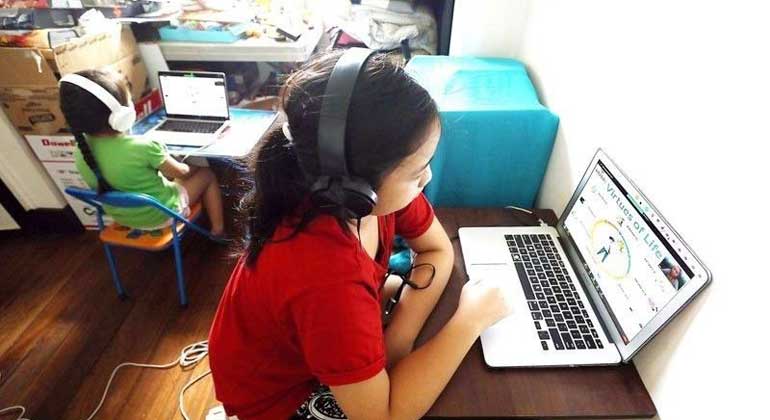
EDUCATIONAL institutions must reconfigure their curricula to ensure their training makes students suitable for the post-pandemic job market, education and technology experts said.
“I think the major challenge now is that what we used to teach may no longer be relevant. When the students go out, they look for jobs. What they were trained for under the old paradigms may no longer be in demand. They may no longer be able to find jobs where they were trained to do while in school a few months ago,” Pamantasan ng Lungsod ng Maynila President Emmanuel A. Leyco said at the BusinessWorld Insights online forum Wednesday.
He noted that many economies and businesses around the world are already reconfiguring themselves.
Many of the transactions in the financial community are already being performed online, and if schools and students are not adept at online technology, they will be left behind, Mr. Leyco said.
The future of schools is not to go back to the old normal, he said.
“Our future is something that will make things available, secure, and safe for us to do. We need all hands on this,” he added.
At the same forum, IBM Philippines President and Country General Manager Aileen Judan-Jiao said that collaboration among various sectors must be pursued to address the immediate needs of the education system.
She said IBM is now in talks with some local government units for a possible partnership to offer technical skills programs under P-TECH, IBM’s global education model.
“The focus of this is to really have the right skills of the future and have the exposure to the real workplace with our industry mentors,” she said.
“Let’s not start from scratch. Let’s begin with what we have and collaborate,” Ms. Judan-Jiao added.
Tata Consultancy Services TCS iON Sales Director Shashwat Rai advised schools to take advantage of available technology solutions that make online learning possible “without the need to connect to the internet.”
Examples of technologies needed are platforms for digital assessments and interactive learning.
“We’re currently experiencing a massive shift to online learning. The technology that we set up today will matter and will help define the future of our students,” Mr. Rai said.
He added that more innovation is expected to emerge out of the rush to embrace online education.
Both the government and the private sector should work together to ensure that no students are left behind in the online mode of education, Mr. Rai said.
PLDT Enterprise First Vice-President and Enterprise Revenue Group Head Victor Tria said cybersecurity has become a major concern because of the transition to online activities, especially by schools.
“PLDT is working not just on connectivity for online learning, but also protecting that connection,” he said.
Mr. Tria also said PLDT is also partnering with various educational institutions to provide e-learning solutions.
“We recognize that we must remain agile and active. We remain committed to enabling our education sector,” he added. — Arjay L. Balinbin
